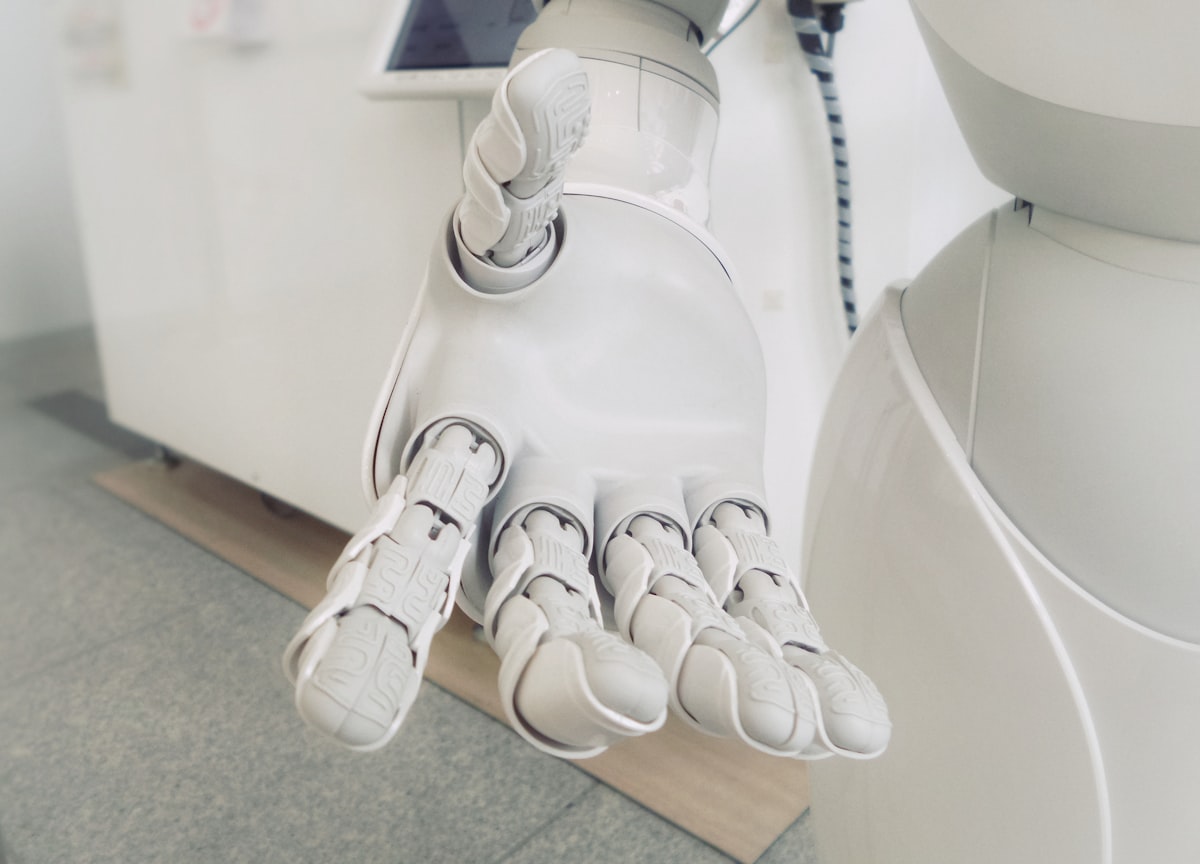Redefining Wellness: The Rise of AI Health Coaches and Their Impact
Explore the evolving world of AI health coaches, their benefits and challenges, and how they're shaping our approach to health and wellness in a tech-driven era.

In today's fast-paced world, the concept of personal health is undergoing a radical transformation, thanks in large part to the advent of AI health coaches. These digital companions, emerging from the integration of artificial intelligence with health tracking technologies, promise a new era of personalized health guidance. As you roll out of bed, your smartwatch might cheerily prompt you to embrace a healthier day, a scenario that's becoming increasingly common.
AI health coaches, equipped with the ability to analyze vast amounts of health data, are positioned as the next frontier in personalized health advice. They draw from a rich pool of biomarkers—from your heart rate rhythms to oxygen levels—to offer tailored recommendations, including adjustments to your diet, sleep, and exercise routines. The dialogue between you and your device could potentially herald a significant shift in how we manage our health, leveraging data to suggest lifestyle changes that align closer to your body's needs.
However, this technological advancement is not without its pitfalls. The advice from these AI coaches, while potentially beneficial, carries the risk of leading users away from seeking necessary medical attention. The reliance on algorithms and data analysis could overshadow the nuanced understanding a medical professional provides, potentially delaying diagnoses of conditions like hypothyroidism, which require more than lifestyle adjustments to manage.
The credibility of AI health recommendations hinges on the quality of data and the sophistication of algorithms analyzing it. Health and fitness are notoriously complex, individualized domains where one-size-fits-all advice often falls short. The current generation of health trackers and AI services are making strides in offering more nuanced guidance, yet the challenge remains in ensuring this advice is both accurate and beneficial.
Moreover, AI health coaches, while offering round-the-clock accessibility and scalability, must navigate the complexities of human health without overstepping. They're not meant to replace doctors but to augment our health management efforts, prompting timely visits to healthcare professionals when necessary.
Another critical aspect of this technology is data fidelity and health equity. The effectiveness of trackers can vary across different skin tones, raising questions about the inclusivity of these advancements. Furthermore, discrepancies between AI coach recommendations and doctor's advice highlight the need for careful consideration and potentially a balanced approach to health management.
As we embrace these digital health coaches, the onus is on both developers and users to recognize their limitations and possibilities. The future of health and wellness is undoubtedly digital, but it must be navigated with caution, ensuring that human insight remains at the core of our health decisions.
AI health coaches represent a promising tool in the pursuit of better health and wellness, offering personalized advice and insights driven by data. Yet, as we chart this new territory, it's crucial to balance technological innovation with the irreplaceable value of human medical expertise, ensuring that our journey towards better health is both informed and safe.





